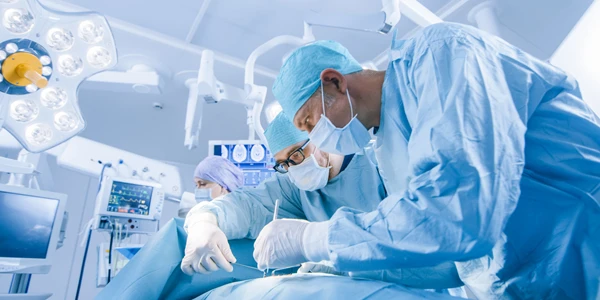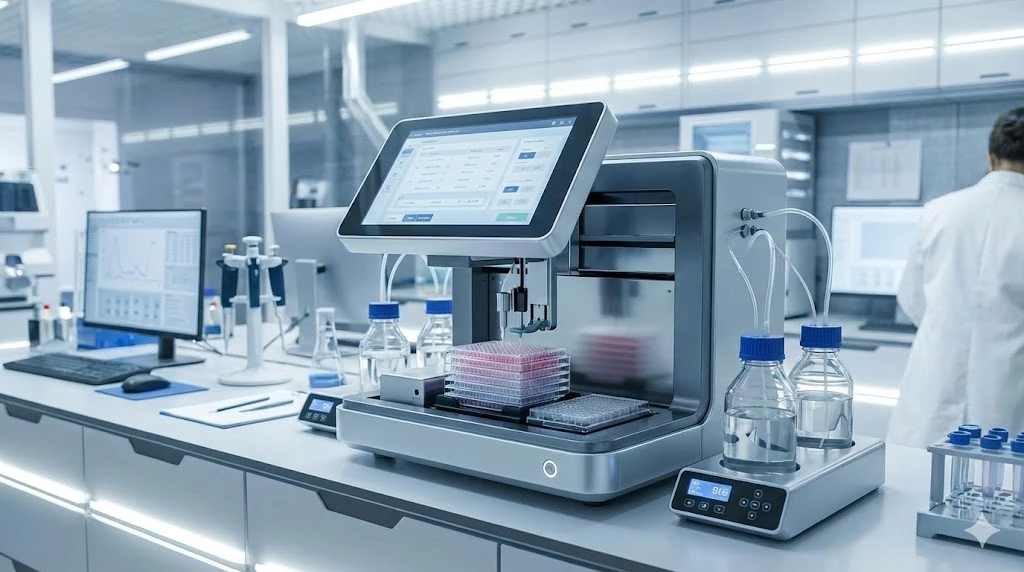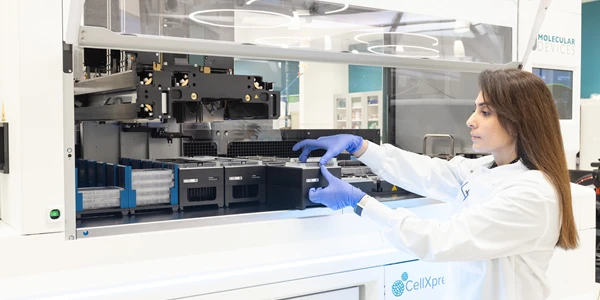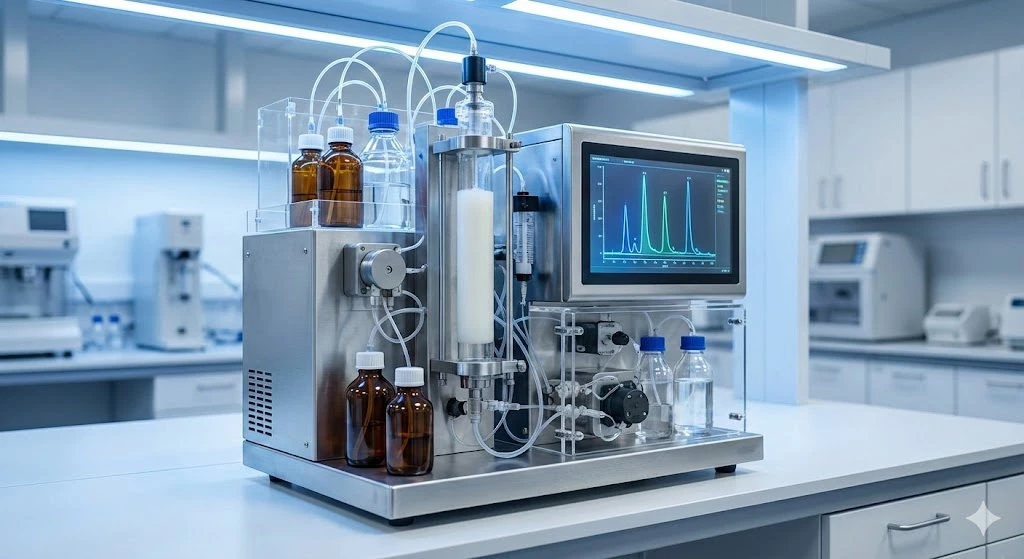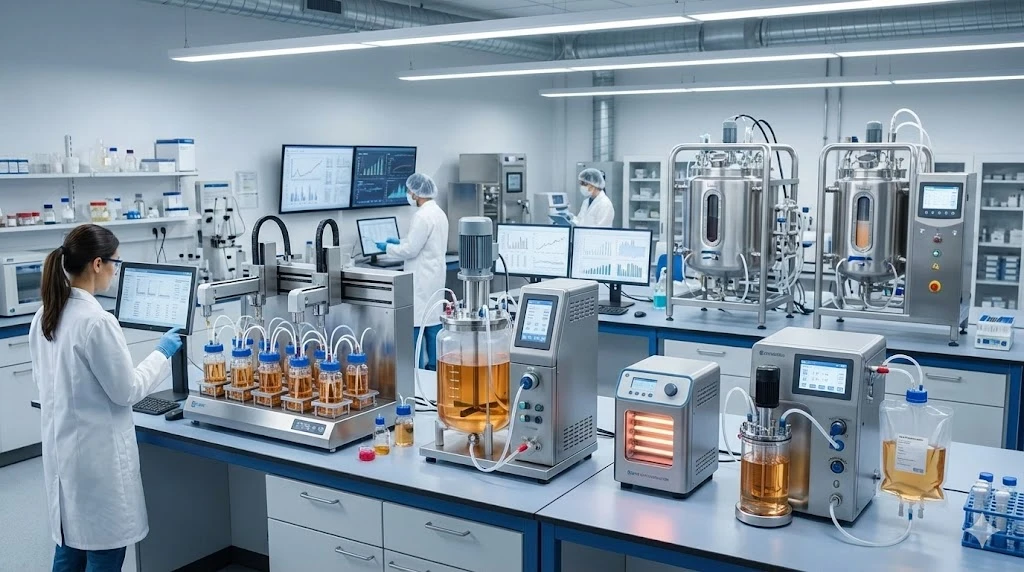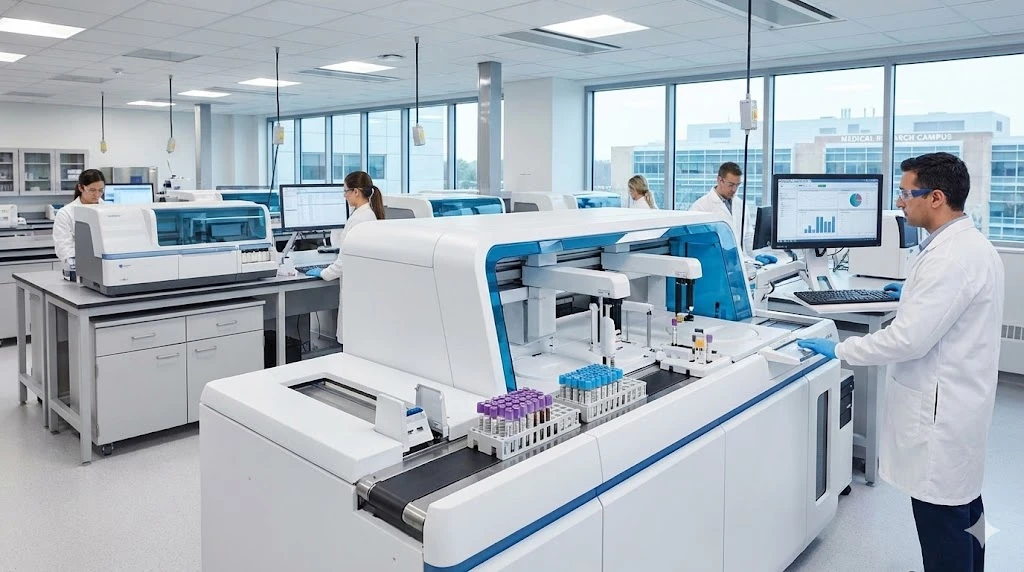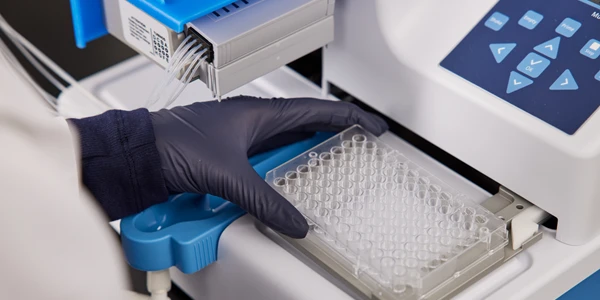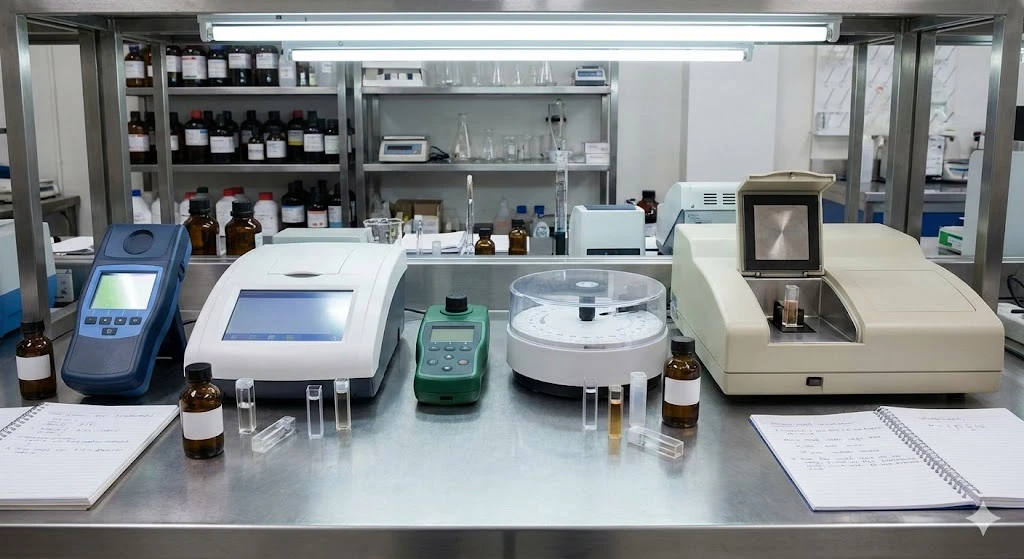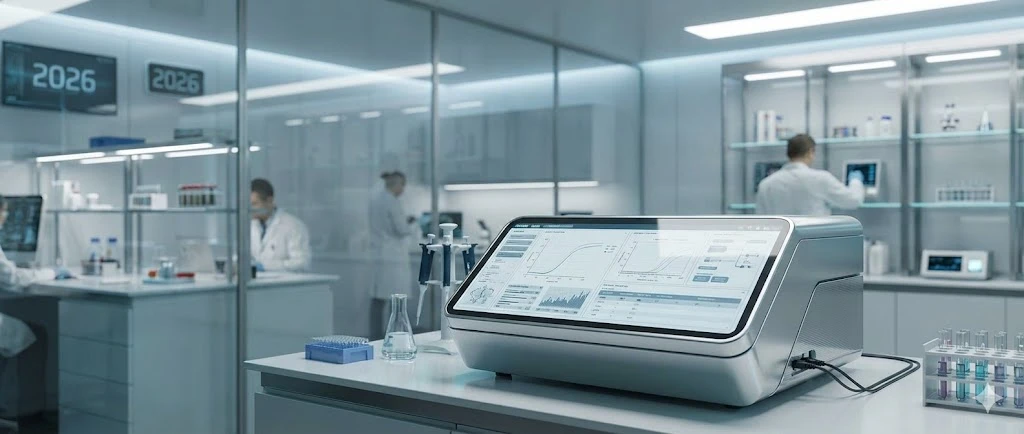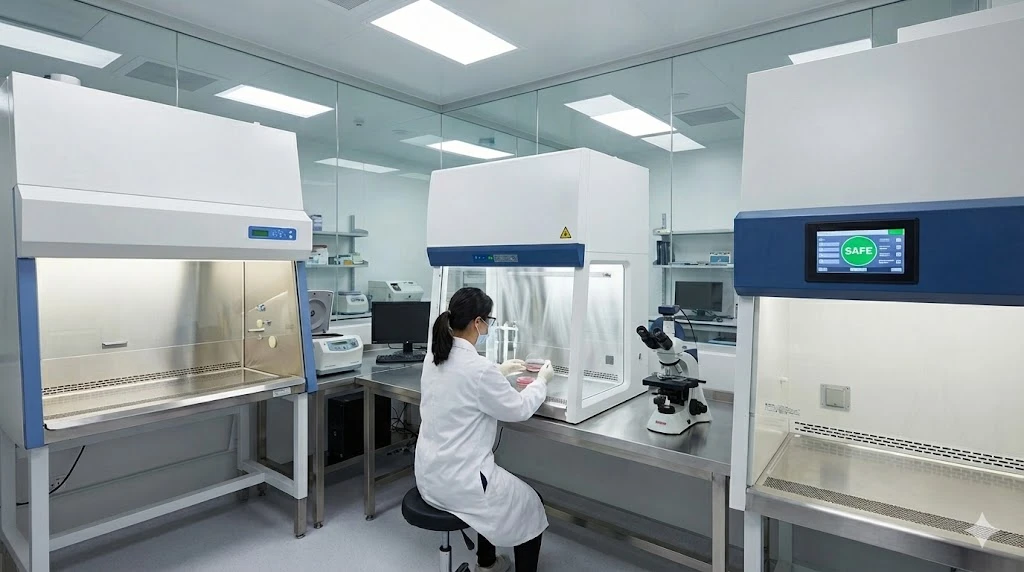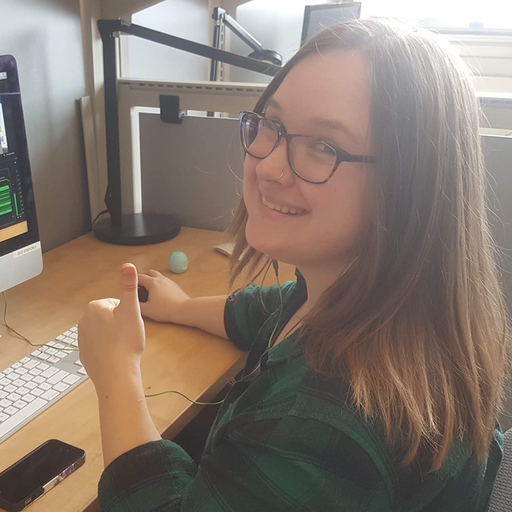Research and Product Collaborations in the Fight Against COVID
The past year has demonstrated beyond a shadow of a doubt how important collaborative research is.
While those in the science industry were already well aware of this fact, it has been heartening to see the amount of interest and attention from the public that University research has been getting throughout the pandemic. Without the ongoing efforts of the numerous research scientists who shifted focus during the SARS-CoV-2 outbreak, we likely wouldn’t be finally seeing the proverbial light at the end of the tunnel.
New and exciting Covid-related research continues to be highlighted by universities around the world and close to home. Here, we explore some recent findings from three North American universities and provide a brief overview of some key industry collaborators who have also made the switch to focus on COVID-19.
20-Minute Biodegradable Spit-Tests from University of Waterloo
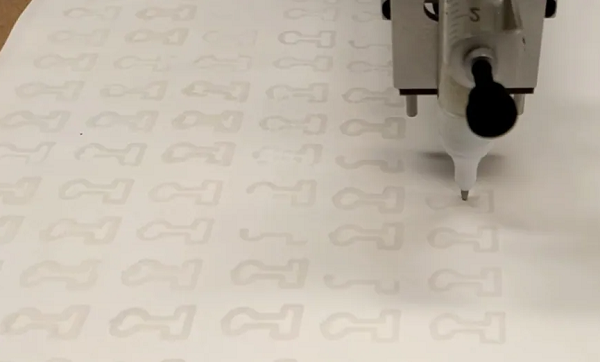 Researchers at the University of Waterloo in Ontario are addressing two key problems that have arisen within the current COVID-19 testing landscape: the long wait times for results, and the large amount of waste produced by disposable testing materials. A collaboration between engineering professor Sushanta Mitra and chemistry professor Juewen Liu has led to the development of a fully biodegradable spit-based SARS-CoV-2 test that provides results in just 20 minutes. The test itself is made of chitosan nanoparticle coating on a piece of paper and is designed to detect two specific targets on the SARS-CoV-2 virus for increased accuracy. The Waterloo Institute for Nanotechnology is working with industry partners ChitoLytic and Mitacs to produce these tests and they aim to begin first-stage testing within 6 months.
Researchers at the University of Waterloo in Ontario are addressing two key problems that have arisen within the current COVID-19 testing landscape: the long wait times for results, and the large amount of waste produced by disposable testing materials. A collaboration between engineering professor Sushanta Mitra and chemistry professor Juewen Liu has led to the development of a fully biodegradable spit-based SARS-CoV-2 test that provides results in just 20 minutes. The test itself is made of chitosan nanoparticle coating on a piece of paper and is designed to detect two specific targets on the SARS-CoV-2 virus for increased accuracy. The Waterloo Institute for Nanotechnology is working with industry partners ChitoLytic and Mitacs to produce these tests and they aim to begin first-stage testing within 6 months.
Automated Rapid MALDI-TOF Testing from UC Davis
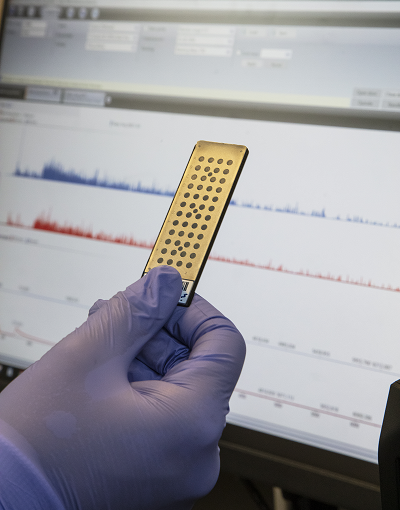 Another partnership—this one out of the University of California, Davis—is tackling the slow speed of current COVID-19 testing in a different way: with automation. Using MALDI-TOF mass spectrometry and Machine Intelligence Learning Optimizer (MILO), Nam Tran and his team have developed an automated test with accuracy that meets or exceeds the current in-use SARS-CoV-2 tests and is complete in under 20 minutes. Working with the support of the CEO of Allegiant Travel Company and Shimadzu Instruments, Tran was able to train MILO to identify the unique mass spectrometry peaks and signals present in COVID-positive nasal swabs. Automating the analysis process through MILO will allow for rapid processing of large numbers of tests, greatly improving upon the current turnaround time for testing under current procedures. This process also has the potential to be easily adapted for detection of other diseases.
Another partnership—this one out of the University of California, Davis—is tackling the slow speed of current COVID-19 testing in a different way: with automation. Using MALDI-TOF mass spectrometry and Machine Intelligence Learning Optimizer (MILO), Nam Tran and his team have developed an automated test with accuracy that meets or exceeds the current in-use SARS-CoV-2 tests and is complete in under 20 minutes. Working with the support of the CEO of Allegiant Travel Company and Shimadzu Instruments, Tran was able to train MILO to identify the unique mass spectrometry peaks and signals present in COVID-positive nasal swabs. Automating the analysis process through MILO will allow for rapid processing of large numbers of tests, greatly improving upon the current turnaround time for testing under current procedures. This process also has the potential to be easily adapted for detection of other diseases.
Low Cost Pinprick Immunity Testing from University of Toronto
Researchers at the University of Toronto are working on a different type of testing issue by developing a faster, less resource intensive method to measure COVID-19 immunity. With just a pinprick of blood, the assay designed by Igor Stagljar and his lab is able to accurately assess the concentration of coronavirus antibodies present in under an hour. The new method, called SATiN (Serological Assay based on split Tripart Nanoluciferase) is both faster and cheaper than current ELISA methods. Additionally, it focuses on providing quantitative levels of antibodies present—as opposed to just a presence/absence determination—allowing for a more detailed understanding of an individual's immunity and more tailored medical decision making. The test is being developed to assess the immunity levels of patients who have already had COVID-19, but the process could become quite applicable down the line to test for whether or not vaccine boosters are needed.
Industry Collaborators
Industry members have also been quick to transition and battle COVID-19, with many companies restructuring and reallocating resources in order to focus on providing much needed products to the scientists, doctors, and frontline workers tackling the pandemic. A few notable companies that have shifted focus to provide Covid-related products include:
BioTek
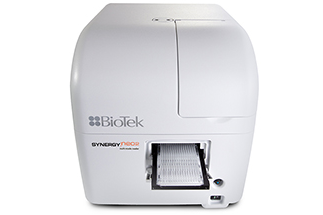 A leading name in life sciences instrumentation, BioTek has contributed both products and expertise in the fight against COVID-19.
A leading name in life sciences instrumentation, BioTek has contributed both products and expertise in the fight against COVID-19. - The Synergy Neo2 Hybrid Multi-Mode Microplate Reader is an example of the application of their fastest, most high-performing multi-mode reader used for SARS-CoV-2 nanoluciferase research related to the University of Toronto innovation discussed above.
- Click here for BioTek listings on LabX
Globe Scientific
- A trusted name in laboratory supplies for decades, Globe Scientific quickly stepped up to provide a wide variety of important products for the fight against COVID-19, including pipettors, pipette tips, specimen bags, reagent reservoirs, microcentrifuge tubes, and more.
- For a curated list of select SARS-CoV-19 testing products, check out their COVID-19 product guide.
- Click here for Globe Scientific listings on LabX
Hardy Diagnostics
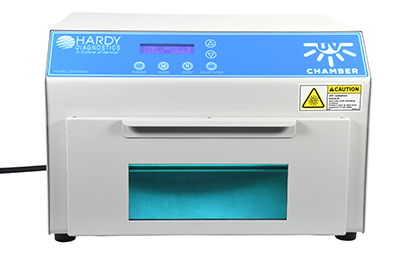 A key player in microbiology as a manufacturer of culture media, reagents, and more, Hardy Diagnostics was quickly able to provide focused products for COVID-19, including antigen testing kits, transport mediums, and swabs.
A key player in microbiology as a manufacturer of culture media, reagents, and more, Hardy Diagnostics was quickly able to provide focused products for COVID-19, including antigen testing kits, transport mediums, and swabs. - Hardy also carries a variety of personal protective equipment, as well as a UV disinfectant chamber for N95 masks.
- Click here for Hardy Diagnostics listings on LabX
Huber
- A technology leader in high precision thermoregulation for research and industry, Huber’s temperature control products have been instrumental in COVID-19 research in Germany and around the world.
- Huber has been prioritizing inquiries and orders related to COVID-19 throughout the pandemic, and will continue to do so as long as necessary.
- Click here for Huber listings on LabX
Waters
- A world leader in chromatography, mass spectrometry, and thermal analysis, Waters established a COVID-19 Research Hub in 2020 (which we have discussed before), and they continue to support the efforts of scientists around the world.
- Recently, Waters launched their SARS-CoV-2 LC-MS Kit (Research Use Only) with the aim of “Supercharging Mass Spectrometry in the Fight Against SARS-CoV-2”.
- Click here for Waters listings on LabX
These are just a few of the many collaborations forged between research and industry, playing a vital role in getting us through to the other side of this pandemic. We look forward to seeing what these partnerships may yield as we look onward to the future of emerging infectious disease research.
